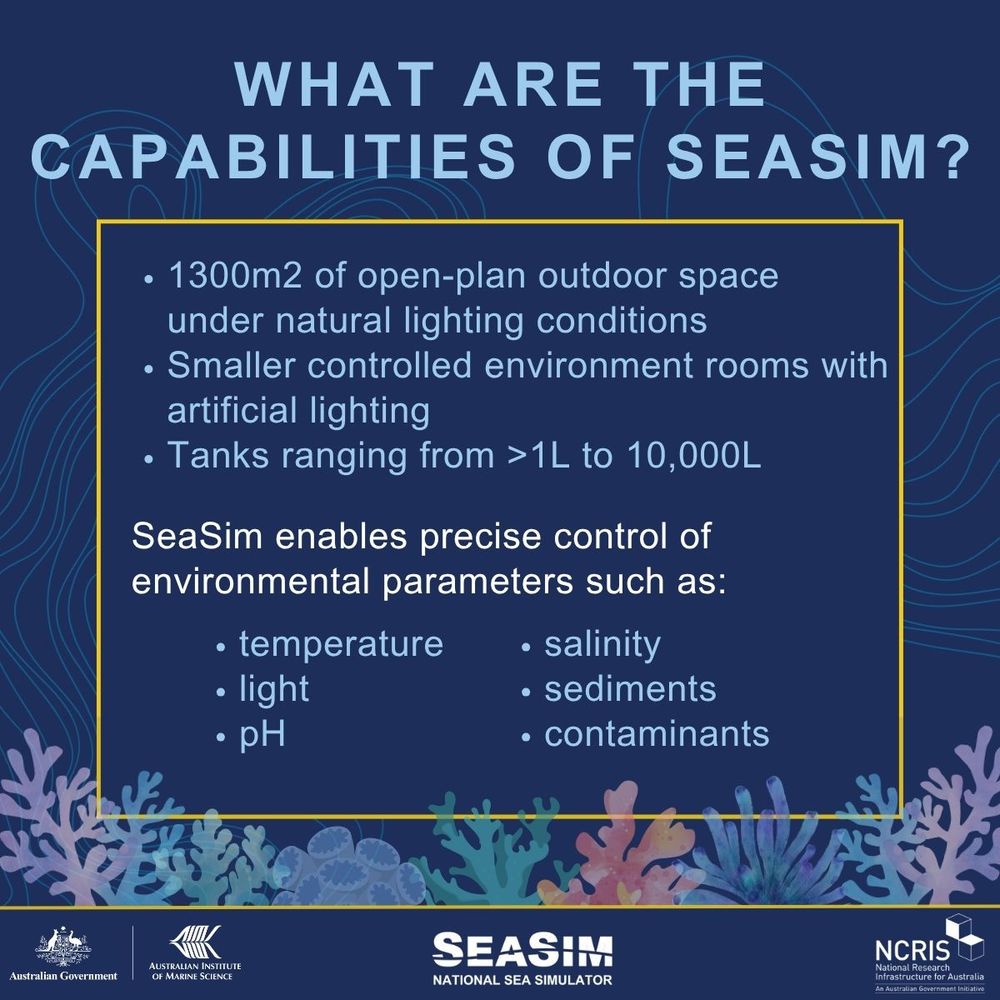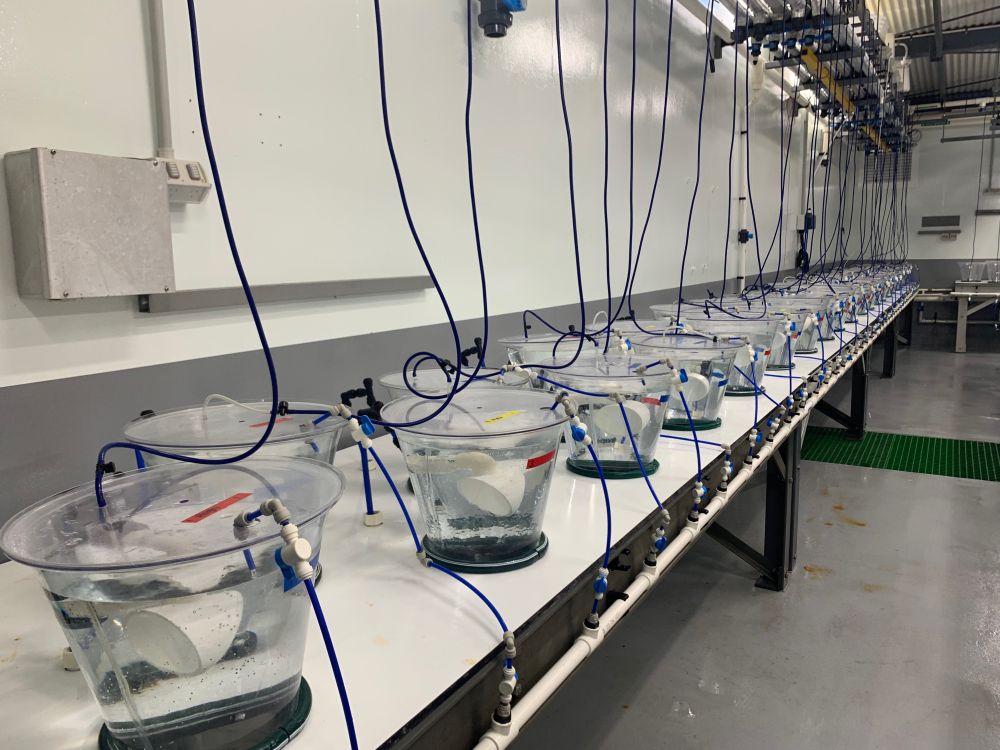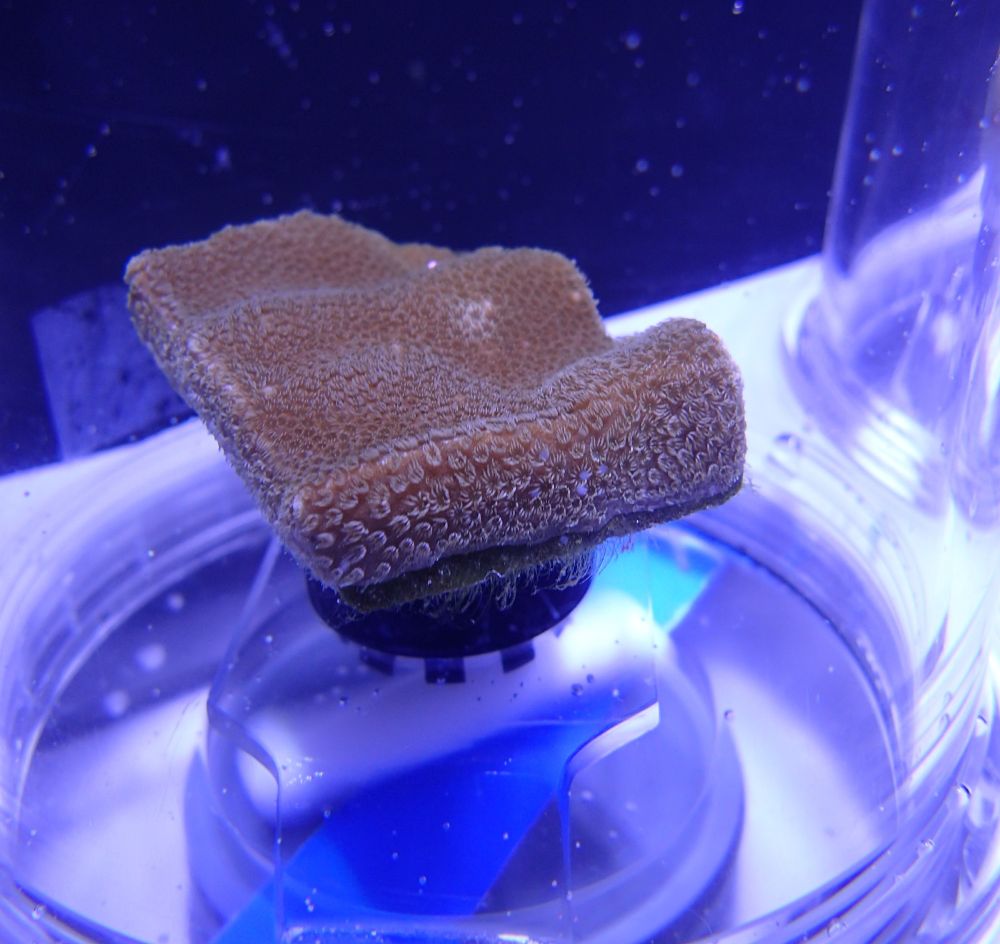The National Sea Simulator (SeaSim)
@seasim-aims.bsky.social
53 followers
56 following
14 posts
An advanced marine experimental research facility at the Australian Institute of Marine Science, supported by NCRIS.
Posts
Media
Videos
Starter Packs
































